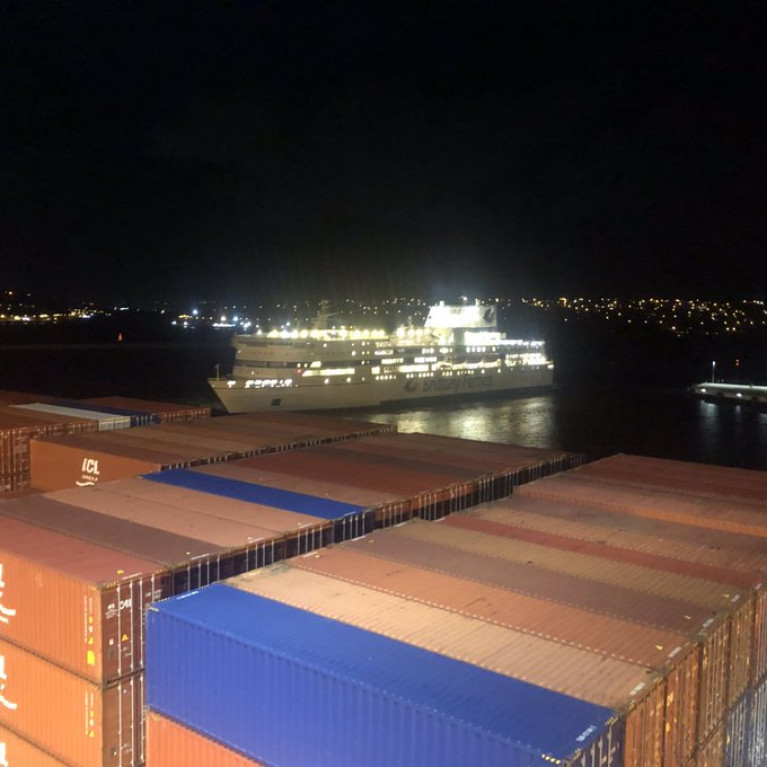Brittany Ferries, which operates the Ireland-France route of Cork-Roscoff, has reported a surge in bookings for summer 2022.
Since the onset of the pandemic, as Echo Live reports, the ferry company has navigated what it calls two "disastrous" summer seasons, where they lost €220m in 2020 alone.
However, an increase in reservations for next year has brought renewed optimism.
In a statement released today the company said that by the end of last month, 188,878 passengers had booked trips for July to September 2022 - a 48% increase from the 2020 summer season.
Reservations on routes between Ireland and France are currently up 234% and reservations on the Rosslare and Bilbao, Spain route are up 80%.
“The storm clouds are beginning to lift and I welcome the boost in reservations for next year,” said company CEO Christophe Mathieu.
“We are so grateful to our loyal customers. The support of the French government combined with the loyalty of our Irish and British customers will allow us to continue the beautiful voyage of this company.”



























































